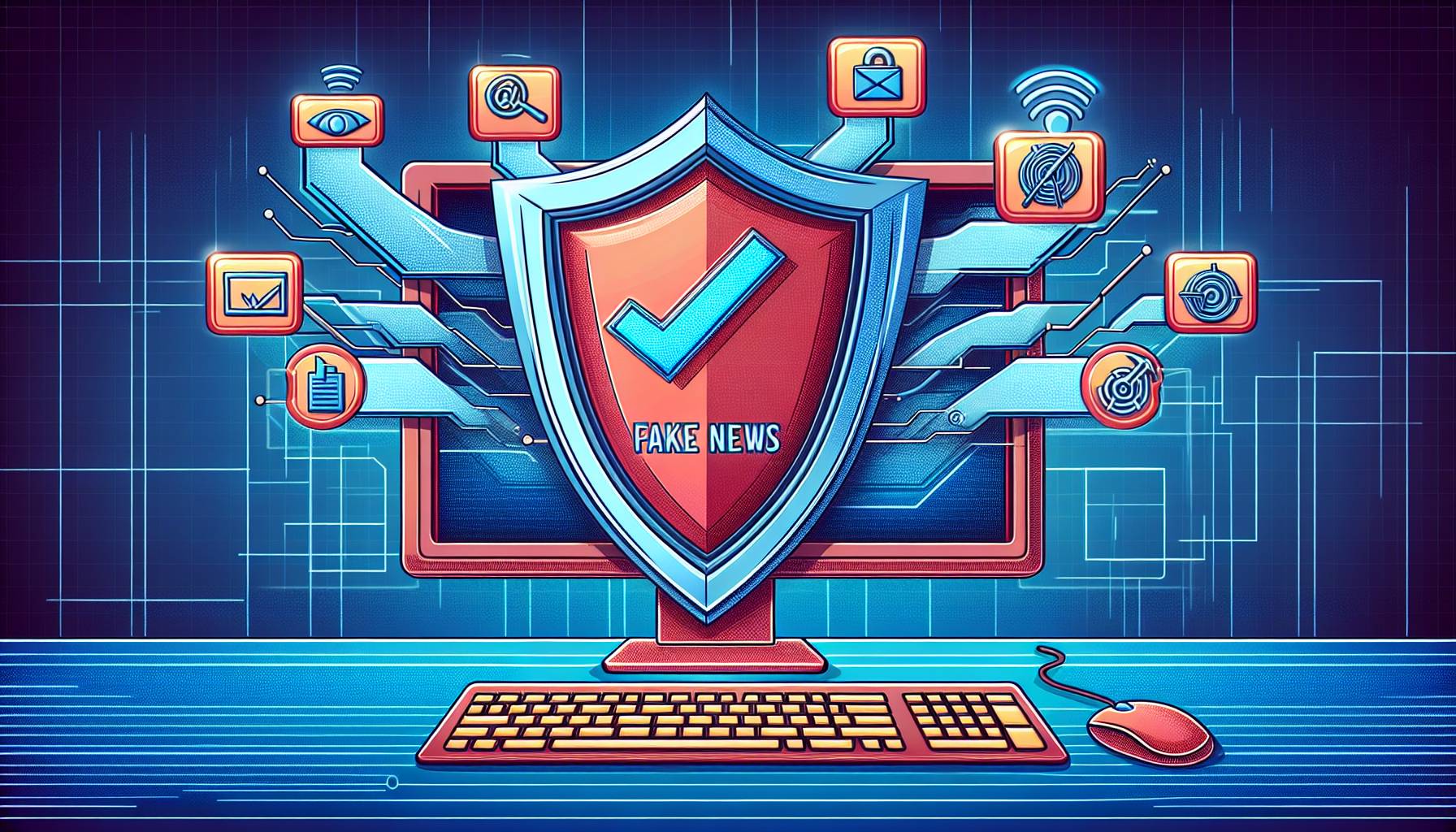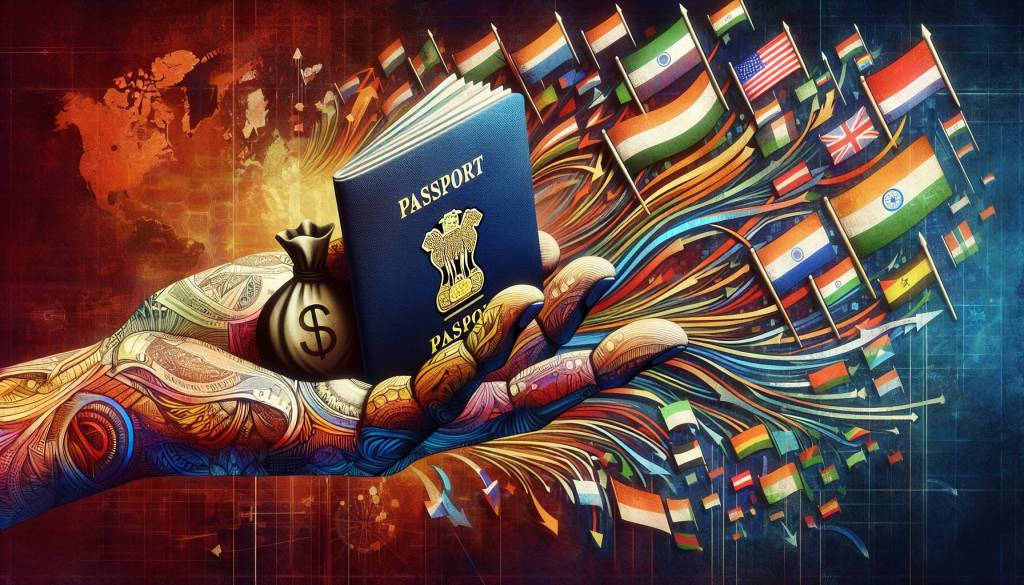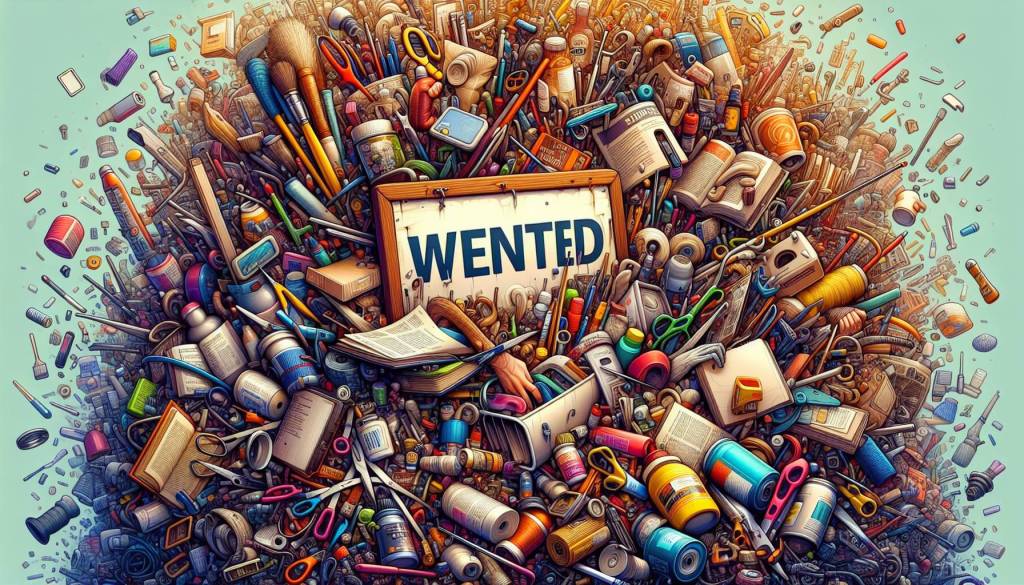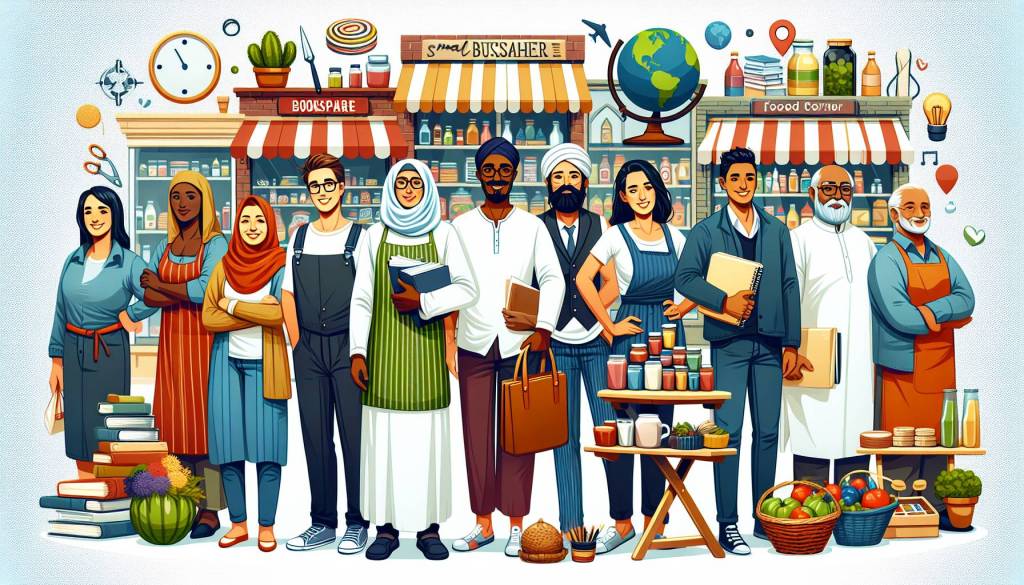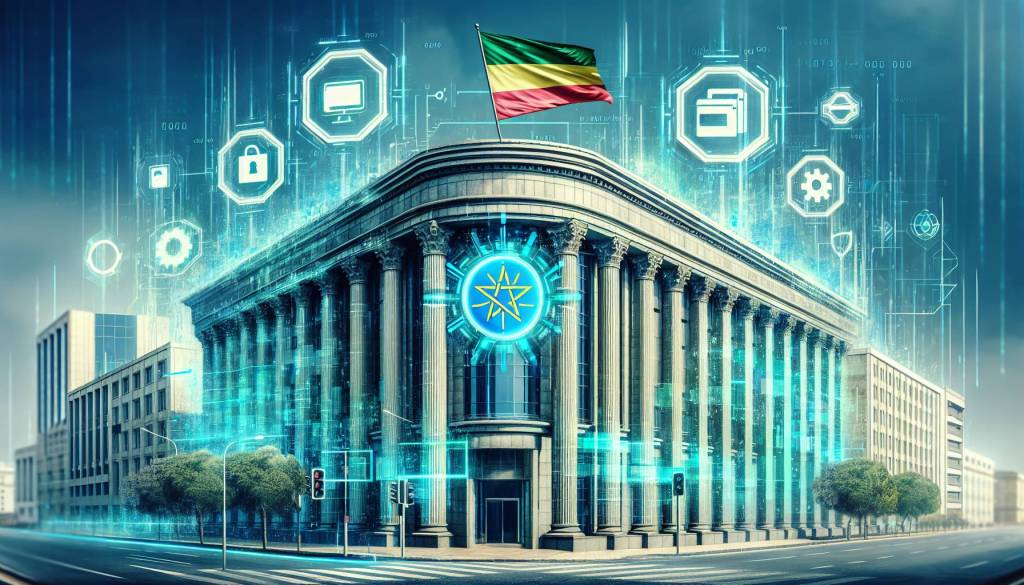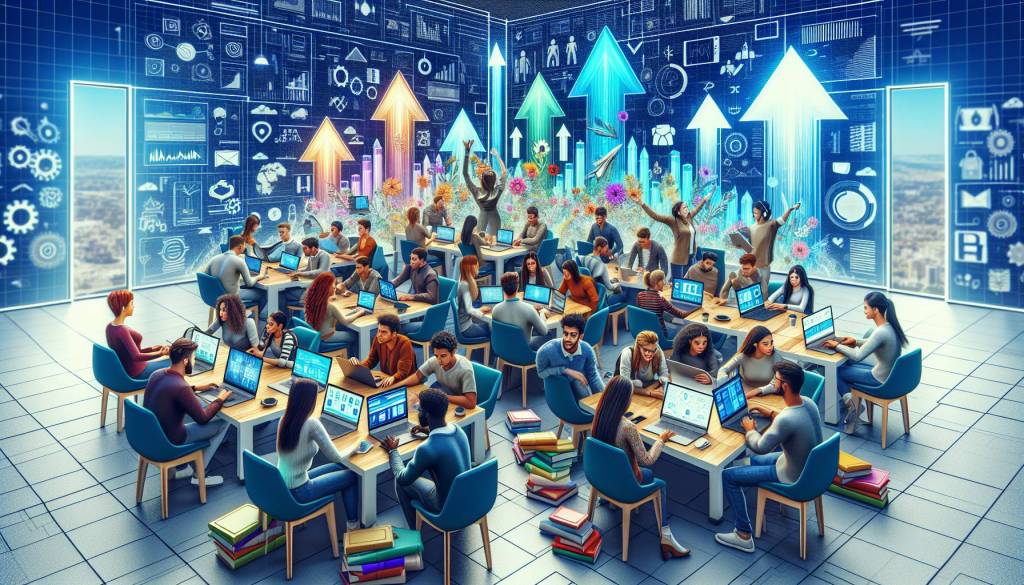With over 80 percent of Americans consuming news digitally, it’s essential to combat disinformation and misinformation. The need for reliable online sources can’t be overemphasized, so as digital consumers, we must be aware of fake news and fact-check. We all share the responsibility to keep the digital world as a reliable source of information.
The Charter for Greenwash Prevention prevents misleading environmental advertising, a key initiative for advertising agencies. This meticulous initiative requires transparency, providing true and factual information about their green claims. The Charter also provides guidelines on how to incorporate sustainable practices in every facet of advertising, encouraging a transformation rooted in environmental integrity.
An e-book partnered with Yonder offers expert insights on disinformation within the communication profession. This invaluable tool helps professionals recognize and counter disinformation, ensuring the Code of Ethics is upheld at all times. They engage in regular training and educational programs to foster critical thinking and remain alert to any misrepresentation of information.
The News Literacy Project is effective at providing individuals with the skills needed to discern online disinformation and verify news accuracy. By facilitating education in media literacy, we can improve the overall quality of information that is disseminated in society. They are a strategic emphasis for enhancing the critical thinking skills of younger generations.
Countering disinformation includes building reputation, generating shareable content, and urging people to think before they share. Law enforcement agencies and tech firms can help identify and flag networks of disinformation. It’s also essential for digital news outlets to uphold the ethical journalistic standard, and individuals are advised to verify facts before sharing information.
Fake news and deceit can harm both the economy and democracy. A game has been designed to equip professionals with defenses against misinformation and enhance their ability to identify fake profiles. Furthermore, initiatives to increase digital literacy using interactive sessions can help people distinguish between credible news and manipulated narratives.
We need more engagement and education for young people, as they use the internet heavily. Group discussions, workshops, and guest lectures from experts can equip them to face online obstacles. Our world requires a better understanding of digital communication and the dubious practices that surround it. But, it’s through cooperation, learning, and empowerment that we can create a more informed online society.

